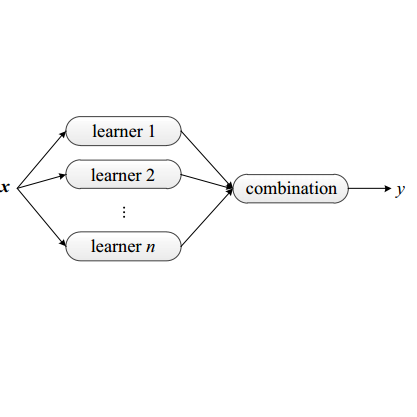State-of-the-art deep learning methods have shown a remarkable capacity to model complex data domains, but struggle with geospatial data. In this paper, we introduce SpaceGAN, a novel generative model for geospatial domains that learns neighbourhood structures through spatial conditioning. We propose to enhance spatial representation beyond mere spatial coordinates, by conditioning each data point on feature vectors of its spatial neighbours, thus allowing for a more flexible representation of the spatial structure. To overcome issues of training convergence, we employ a metric capturing the loss in local spatial autocorrelation between real and generated data as stopping criterion for SpaceGAN parametrization. This way, we ensure that the generator produces synthetic samples faithful to the spatial patterns observed in the input. SpaceGAN is successfully applied for data augmentation and outperforms compared to other methods of synthetic spatial data generation. Finally, we propose an ensemble learning framework for the geospatial domain, taking augmented SpaceGAN samples as training data for a set of ensemble learners. We empirically show the superiority of this approach over conventional ensemble learning approaches and rivaling spatial data augmentation methods, using synthetic and real-world prediction tasks. Our findings suggest that SpaceGAN can be used as a tool for (1) artificially inflating sparse geospatial data and (2) improving generalization of geospatial models.
翻译:在本文中,我们引入了SpaceGAN,这是一个全新的地理空间域的基因模型,通过空间调节来学习邻里结构。我们提议,通过调整空间邻居地貌矢量的每个数据点,加强空间代表性,使其空间结构能够更灵活地代表空间结构。为了克服培训趋同问题,我们使用一个衡量尺度,捕捉当地空间数据之间真实数据与生成数据间的空间自动关系的损失,作为停止SpaceGAN 超称的标准。这样,我们确保生成器生成符合投入中观察到的空间模式的合成样本。与合成空间数据生成的其他方法相比,SpaceGAN成功地用于数据增强和超模版。最后,我们提出了地理空间域的混合学习框架,将增强的空间GAN样本作为一组共同学习者的培训数据。我们从经验上展示了这一方法优于常规混合学习方法的优越性,与空间数据扩增方法相匹配,并使用合成和真实的地理空间空间数据生成模型,我们建议利用合成和真实的地理空间空间模型来改进一般的地理空间空间空间空间空间空间空间空间空间模型。我们可以将发现作为用于空间空间空间空间空间空间空间空间空间空间空间空间空间空间空间空间空间空间变现的模型。























